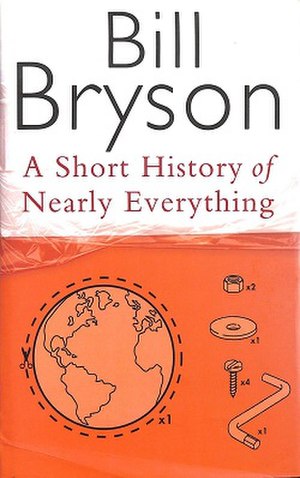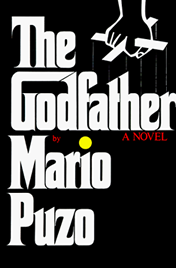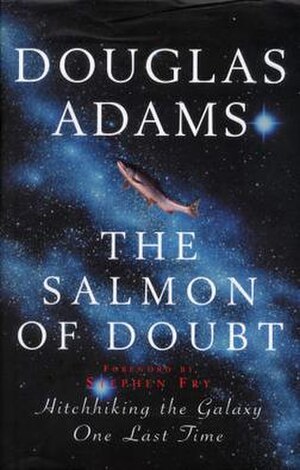Carl Sagan is no ordinary author. In Pale Blue Dot Carl shows us the beauty that the universe has in store for us and the foolishness of man in his arrogant and incorrect assumptions about our uniqueness in it. For millennia humans have assumed that not only we’re unique, but that the universe is made for us. Everything around us is for us. We’re the reason there is a universe in the first place.
Step by step, Dr. Sagan examines these claims and how we historically came to realize how wrong we’ve been. How we ended up prosecuting as heretics all those who suggested a challenge to the status quo. Along the way we are treated with some rich and insightful history lessons, encounters and scientific experiments. A chapter dedicated to detecting life, of all places, on our own planet, we take a look at how we might detect that there is life in the only place we know it does. Later we examine the possibility of life elsewhere in our solar system. Planets and moons habitable to humans and even possibility of traveling to other solar systems.
Carl Sagan never fails to remind us to learn from history and from our bad mistakes, lest we repeat them and perish.
Related articles
- Carl Sagan: A Universe Not Made For Us [Video] (geeksaresexy.net)
- Sagan: We Humans Are Capable of Greatness (milkandcookies.com)
- Carl Sagan, A Man Ahead of His Time (lockergnome.com)
- Hawking, Sagan and Clarke on God, The Universe And Everything Else (singularityblog.singularitysymposium.com)
- How to make apple pie – New quote by Carl Sagan added to favorite quotes section (daddyhogwash.com)
Meta;
Type: Nonfiction.
Categories: Astronomy, Cosmology, Science-History.
Edition(s): Audio.
Rating: 4.5/5.
Recommendation: Highly recommended for all.







